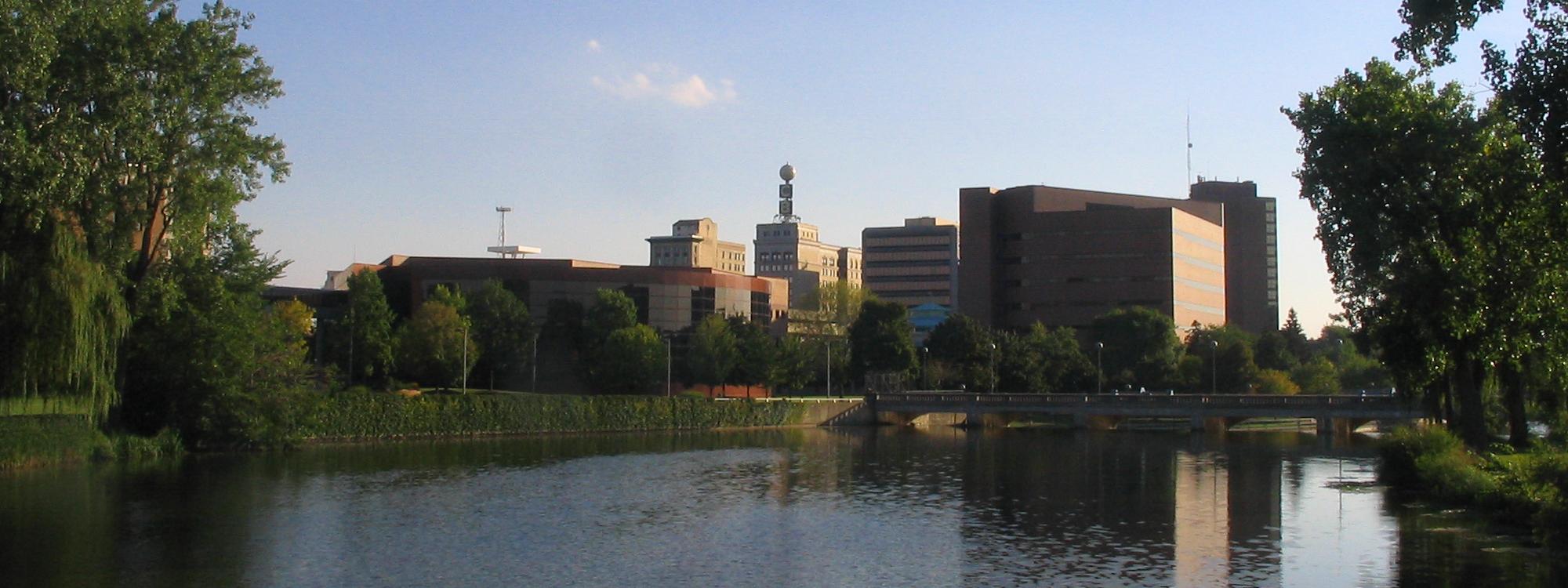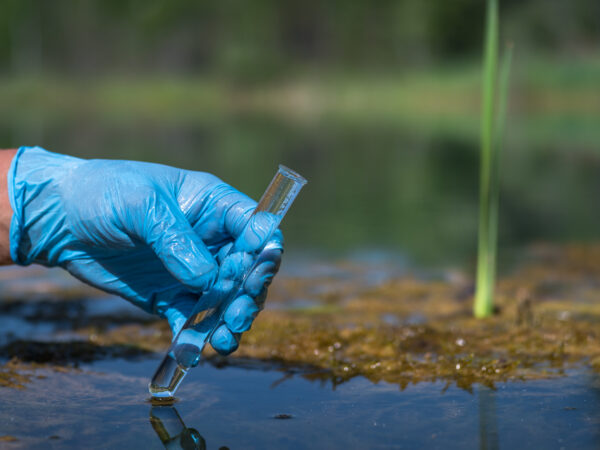
The City of Flint has finally decided where it wants its water to come from. But the public still has a chance to weigh in before the plan kicks in.
In a news conference, Flint’s Mayor Karen Weaver announced she is recommending remaining with the Great Lakes Water Authority for the city’s primary treated drinking water, and wants to use Genesee County as a secondary water source.
In a statement released to Great Lakes Now, Mayor Weaver says, “After months of research, analyzation and collaboration, I believe staying with GLWA as the city’s primary water source is the best option when you consider factors related to public health and when it comes to being fiscally responsible.”
Weaver says, “But, I also think it’s important to hear from the citizens of Flint and get their feedback on the suggested plan before a permanent decision is made.”
Flint’s water became contaminated with lead in 2014, after an emergency manager decided to switch water sources, causing lead to leach from the pipes into the city’s drinking water.
It was a decision based on cost. The emergency manager decided to have Flint join the Karegnondi Water Authority to temporarily tap the Flint River while the regional pipeline to Lake Huron was under construction. But the river water was not treated to reduce corrosion, which allowed lead to leach into Flint’s old pipes and fixtures. Lead levels became elevated in Flint’s children, and residents were forced to use bottled and filtered water for bathing and drinking.
In the wake of the crisis, the city of Flint looked at several alternatives, including upgrading its own water treatment plant at a cost of 100 million dollars, and treating raw water from a nearby reservoir.
COST SAVING BENEFITS FOR THE CITY OF FLINT
Mayor Weaver said one of the biggest reasons she wants to stay with GLWA is so Flint won’t have to switch water sources again, and also because of the cost-saving benefits for the city.
She said, “Sticking with GLWA allows us to use federal dollars from the Drinking Water Revolving Fund Program to update the city’s damaged water distribution system which is aging and deteriorating,”
The decision requires a 30 year water supply contract.
CEO of The Great Lakes Water Authority Sue McCormick issued this statement to Great Lakes Now: “GLWA is happy to continue stabilizing the water supply in the city of Flint and provide affordable, quality water to its citizens well into the future. The Authority was formed through regional collaboration, serving nearly 40 percent of Michigan’s population, and today’s announcement is an example of how that continuing collaboration has worked to benefit all parties involved while maintaining economies of scale for each participant.”
The EPA required the city to identify options to allow the public to participate before making a final decision.
The Great Lakes Water Authority says this decision means Flint residents will also be able to participate in GLWA’s Water Residential Assistance Program (WRAP), Michigan’s first-ever sustainable water assistance program. But GLWA’s Sue McCormick says in statement to Great Lakes Now that what’s most important is that Flint residents will receive stability through a long-term agreement with GLWA for treated drinking water from a trusted source.
Flint’s Mayor is urging residents to attend a town hall meeting on Thursday April 20th at 5:30 pm at the House of Prayer Missionary Baptist Church at 1851 W. Carpenter Road in Flint to weigh in on the plan.
(No comment yet from representatives of the State of Michigan or various community groups. Great Lakes Now will keep you updated as more comments come in.)






